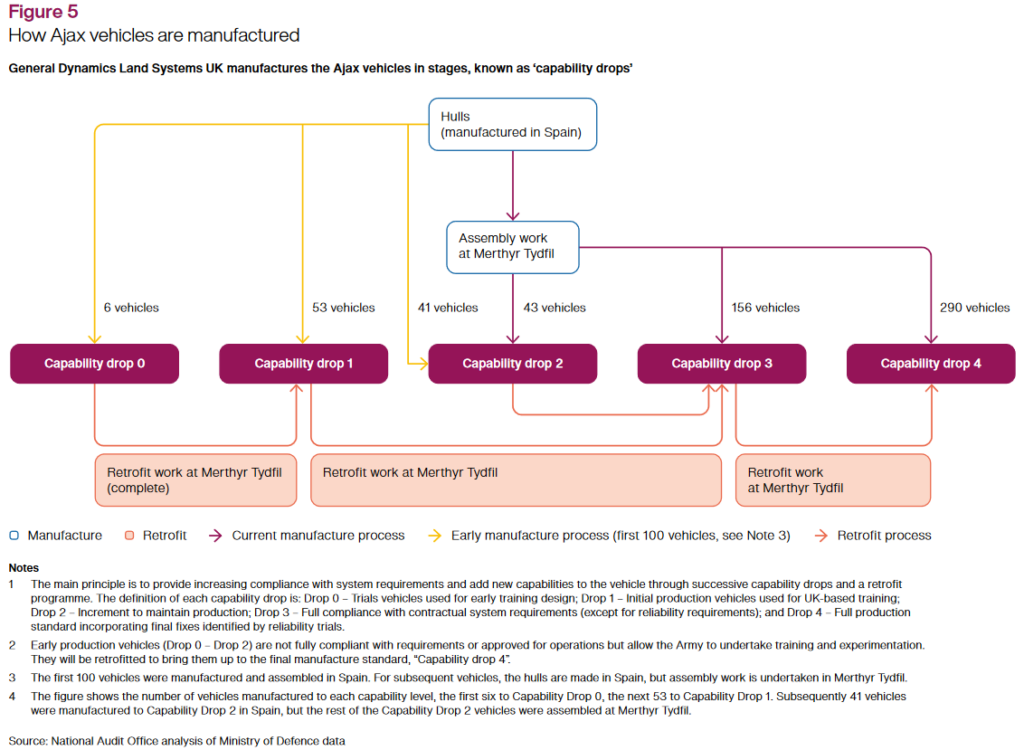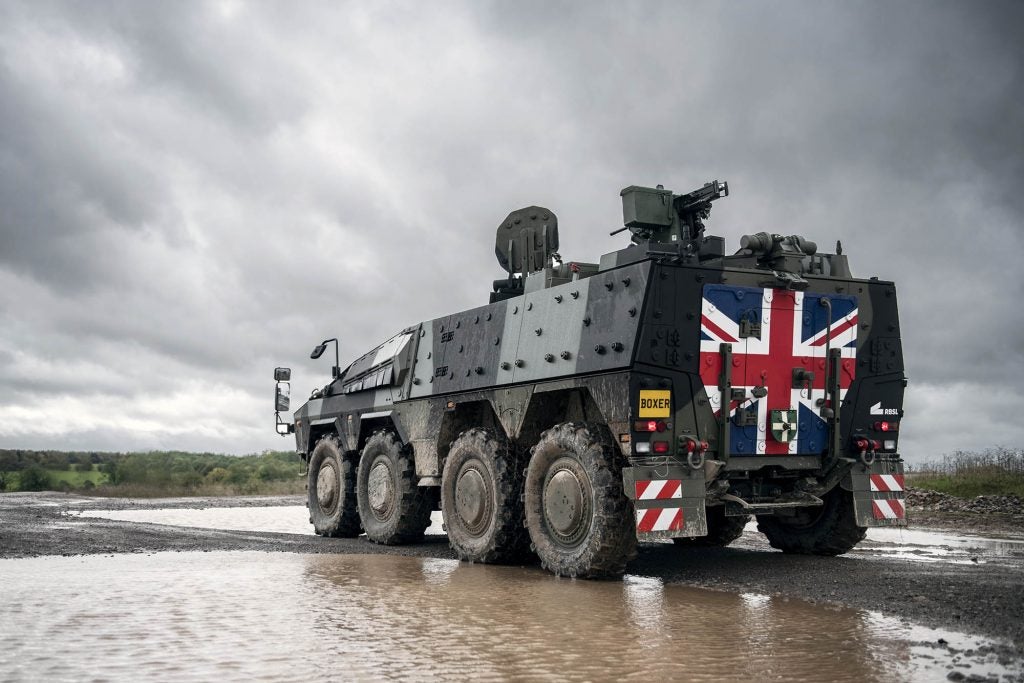UK Seeks “Spiral Development By Default” With New Military Procurement Model
The United Kingdom’s Ministry of Defence is launching a series of reforms to its procurement model that will begin taking effect in April, pursuing a cultural shift to put greater value on pace and “making every day count”.
The ministry calls the new system the Integrated Procurement Model, with five key features:
- A joined-up approach across the ministry and services
- New checks and balances from the early stages of a new program
- Prioritizing exportability
- Empowering industrial innovation
- Spiral development by default, with systems delivered at “60-80%” capability followed by upgrades
The ministry says that it will foster the cultural shift underpinning these features through several steps, including creating a “psychologically safe environment” where employees feel safe to challenge the status quo, giving them the confidence to expose risks and issues early so they can be addressed.

Additionally, the ministry wants to move from an “adversarial approach” towards “collegiate collaboration” with the UK’s defense industry, saying that it and the Defence Suppliers Forum have set a target of halving the time in which a contract is signed.
“There is no question that we are living in an increasingly dangerous world, and so our approach to major military procurement programmes cannot go on as it has before”, said Minister for Defence Procurement James Cartlidge in a statement announcing the Integrated Procurement Model. “Pace, challenge, and integration are vital to setting ourselves up for success and replacing the siloed nature of major programmes that hamper timely delivery and squander global export opportunities.”

Andy Start, the Chief Executive of UK military procurement agency Defence Equipment & Support described the new model as a “key turning point for defence procurement”. “We aim to help bring greater insight from industry and allies into the development of capability at an earlier stage, and we go live with the first part of our new operating model in March to set up major programmes up for success from the start.”
Cartlidge told Parliament on February 28 that the Ministry of Defence will publish a “new spiral development playbook” on April 8, allowing programs suited to adopting spiral development to do so. The Ministry of Defence expects that the Integration Design Authority will begin delivering initial integration services from April 8 as well.
Additionally, all programs across the ministry’s portfolio will be assessed by the end of 2024, evaluating whether a spiral development model can be applied to them. The ministry also intends to publish decision making guides on how to select the most appropriate development model for a program by then.

